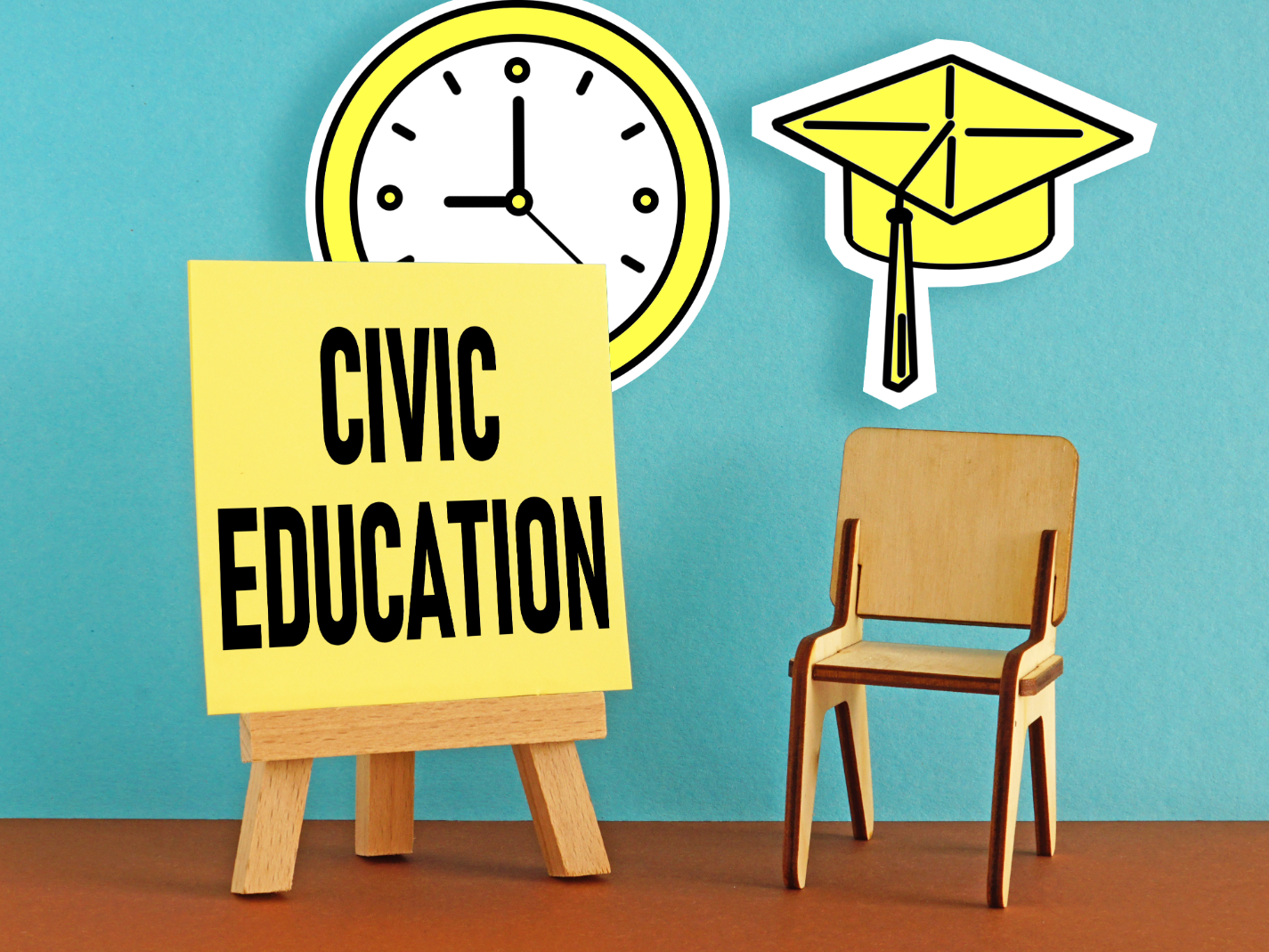
Editor’s Note: This article was originally published by RealClearWire on January 22, 2024 and is crossposted here with permission.
The shocking scenes of college students, faculty, and staff defending Hamas’s October 7th massacre of Israeli civilians as a “legitimate act of resistance” have rightly been called antisemitism.
Our father’s antisemitism was the centuries-old hatred of Jews just because they were Jews, different in their beliefs and customs. But this new form of antisemitism is different, and there are reasons why we’re seeing it revealed on our college campuses today. It’s an antisemitism based on an ideology of the oppressed versus the oppressors, which is also being used against people of other races and ethnicities. Because Israel is seen as strong it is viewed as the oppressor, and Hamas, because it is weaker, is seen as the oppressed.
As two Americans (one Jewish, the other Christian) who are deeply concerned about the future of our country, along with our cherished institutions of higher education, this ideological antisemitism has implications for America as a whole. The antisemitic outbursts at our nation’s colleges and universities are the canary in the coal mine, a warning sign of how this radical worldview regards America, and the West more broadly.
In his book Defending Identity, the legendary Soviet dissident, human rights activist, and Israeli politician Natan Sharansky wrote, “Anti-Semitism has had a unique and astounding staying power, metamorphosing from one epoch to another, one period to another, emerging in different forms to influence different places with different cultural lives.” He concluded by noting, “In each case anti-Semitism has been directed against that conception of identity, of how people defined who and what they are.”
How right Sharansky was. Look at America today, torn apart over which identity group is the most oppressed. But the American motto is “E pluribus Unum” – out of many, one. Instead of bringing us together, this ideological view of the oppressed against the oppressors is tearing our nation apart.
A recent Harvard-Harris poll showed that two-thirds of voters between the ages of 18 and 24 agree that “Jews as a class are oppressors and should be treated as oppressors.” This demonstrates the extent to which this extreme worldview has taken hold in our country. These young people have just recently been through our educational system, which has played a key role in shaping how they think.
We see a strong connection between the ideological capture of K-12 and higher education and the decline in teaching our nation’s founding principles and history in a non-ideological way. American civics and history, rightly taught, is a powerful tool for fighting all “isms,” including antisemitism.
As America approaches its 250th anniversary a growing number of organizations, including the Jack Miller Center and the Pepperdine School of Public Policy, are stepping forward to put a greater emphasis on quality, non-ideological civics and history education. We are seeing some successes with rapidly growing programs that give high school social studies teachers more content through lectures and seminars, as well as the recent launch of civics institutes at a number of public universities, from the University of Florida’s Hamilton Center to the University of Texas’s new Civitas Institute, among others.
Civics education rightly understood counters this new form of antisemitism, and all identitarian philosophies, as it promotes an American “unum” through a non-ideological (yet still critical) teaching of the American project.
Sharansky thoughtfully surmised that, at its root, this is a battle over identity – who we are as American citizens and the future of the American experiment. He wrote in the aforementioned book that “a society without a strong identity is also a society imperiled. The free world’s shield against its enemies is its own identity, vigorously asserted and framed by a commitment to a democratic life.”
The anti-Israel, antisemitic demonstrations on college campuses and in the streets of our cities should be a wake-up call for all Americans. This ideological concept of oppressed versus oppressors that underlies these protests, which brokers no disagreement, is being used against America’s very principles and ideals. Only through a civics education that encourages debate, even as it celebrates the country grounded in the freedom to do so, can we win this battle.
Photo by Andrii — Adobe Stock — Asset ID#: 568457406
I would like to share a cynical joke that is routinely shared amongst high school teachers:
Question: What is the most common name of a high school social studies teacher?
Answer: Coach.
That’s a very real problem….